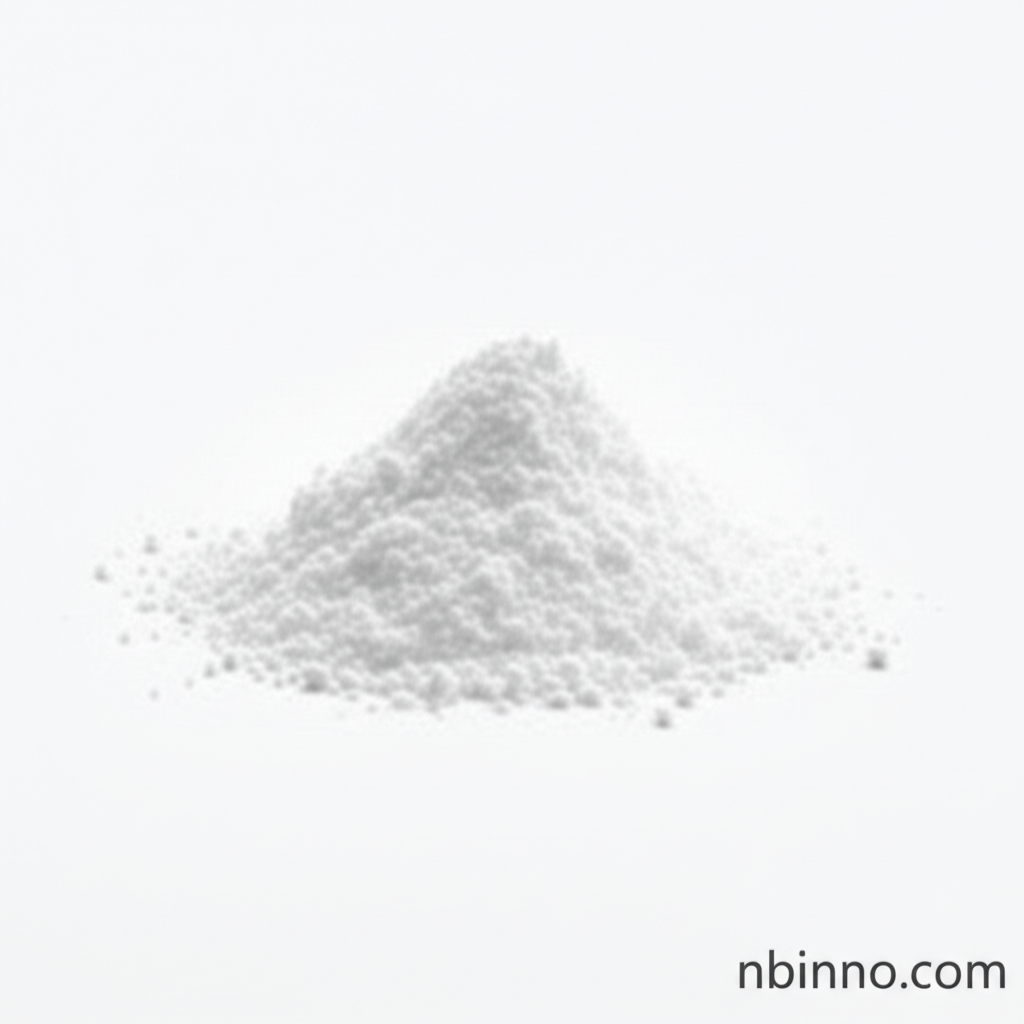Understanding Butylated Hydroxytoluene (BHT): Properties, Applications, and Safety Considerations
A deep dive into BHT's role as a vital antioxidant and preservative across industries.
Get a Quote & SampleProduct Core Value

Butylated Hydroxytoluene
Butylated Hydroxytoluene (BHT) is a synthetic antioxidant crucial for preventing oxidation and extending the shelf life of numerous products, making it a valuable component in food, cosmetics, pharmaceuticals, and various industrial applications. Its ability to combat free radical formation ensures product integrity and performance.
- Exploring butylated hydroxytoluene antioxidant uses reveals its critical role in stabilizing fats and oils, preventing rancidity and degradation in food products and cosmetics.
- The BHT safety in cosmetics debate highlights ongoing research into its dermal absorption and potential effects, with regulatory bodies establishing usage limits.
- Discovering synthetic antioxidant alternatives for food is a growing trend, driven by consumer demand for 'clean label' products and concerns about synthetic additives.
- Understanding BHT chemical properties, such as its lipophilicity and synthesis process, is key to appreciating its broad applicability.
Benefits and Advantages
Enhanced Product Stability
BHT significantly enhances product stability by acting as a potent antioxidant, preventing oxidative degradation. This is crucial for maintaining the quality and extending the shelf life of many consumer goods, a key aspect in industrial chemical applications.
Broad Application Spectrum
From preserving the flavor and color of foods to stabilizing cosmetic formulations and protecting industrial materials, BHT's versatility makes it indispensable across a wide range of sectors, as seen in detailed BHT industrial applications.
Cost-Effectiveness
While natural alternatives are emerging, BHT often remains a cost-effective solution for achieving desired antioxidant and preservative effects, making it an attractive option for manufacturers managing production costs.
Key Applications
Food Preservation
BHT is widely used as a food additive to prevent oxidation and rancidity, thereby preserving freshness, flavor, and color in various food products, aligning with the discussion on BHT safety in cosmetics and food.
Cosmetic Stabilization
In cosmetics, BHT acts as an antioxidant to protect formulations containing fats and oils from degrading when exposed to air, ensuring product consistency and efficacy, a topic relevant to synthetic antioxidant alternatives for food.
Pharmaceutical Use
BHT finds application in pharmaceuticals as a stabilizer and antioxidant, contributing to the efficacy and shelf life of various medicinal products, a point often touched upon when reviewing BHT applications in pharmaceuticals.
Industrial Products
Beyond consumer goods, BHT serves as an antioxidant in industrial products like paints, petroleum products, and rubbers, protecting them from degradation and extending their functional lifespan.
